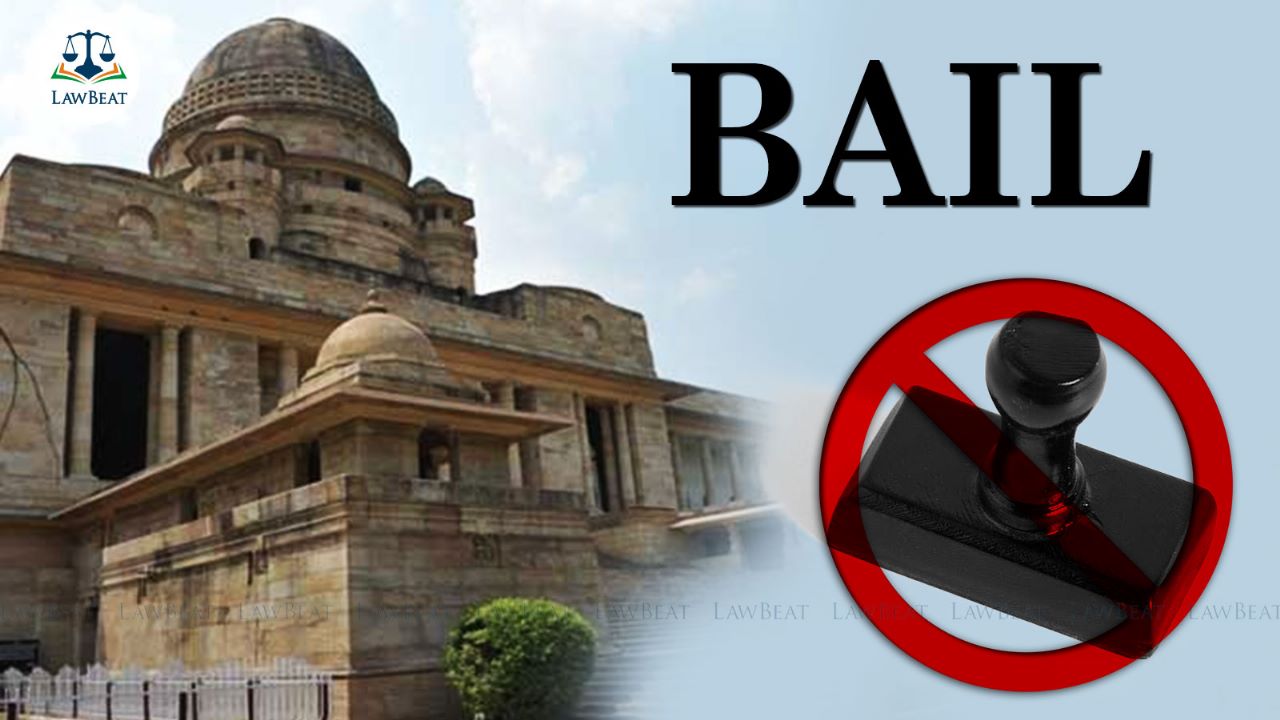Bombay HC Asks Subordinate Courts To Not Use Rubber Stamps For Bail Orders

The high court said that bail orders should be passed after applying mind and considering the material on record along with a speaking order.
A division bench of the Bombay High Court at Nagpur comprising Justice Vinay Joshi and Justice Valmiki SA Menezes has recently asked the subordinate courts not to use rubber stamps for deciding bail applications in the future.
The division bench said that there was no authorization from the high court to use rubber stamps for granting bail. While deprecating such use of rubber stamps the court said,
“We note that there is no apparent authorization of the High Court for the use of such rubber stamps to enable a Magistrate to grant bail. Grant of bail is a matter of discretion to be exercised by the concerned Magistrate, who is expected to apply his mind after considering the material on record and is required to be granted or rejected by a speaking order. A Magistrate’s order on a bail application certainly cannot be rendered on a rubber stamp as we note, has done in the present case. The bail order dated 09.03.2011 before us, which is in the form of rubber stamp does not contain any reasons for grant of bail.”
The court was hearing an appeal filed by one Ashokrao Pawar who had been detained by police officials under the Maharashtra Prevention of Dangerous Activities of Slumlords, Bootleggers, Drug offenders, Dangerous Persons and Video Pirates Act, 1981.
In his plea, Pawar stated that the orders were not based on the correct record. He argued that none of the incidents formed the basis for passing of the detention order and recording the authority’s subjective satisfaction.
He also submitted that the said acts did not amount to acts causing a breach of “public order”, but were at the most acts in breach of “law and order” for which there was no jurisdiction under Section 3 of the MPDA Act.
During the course of the hearing, the court came across the bail order wherein a rubber stamp was used by the magistrate and leaving blank spaces which were filled by inserting the bond amount with no other details.
The high court in its order asked the Registrar of the high court to circulate the copy of the judgment among the district and subordinate courts while directing them to not use rubber stamps. The order read,
“We deprecate this practice, if it does exist in any of the Courts subordinate to this Court and deem it appropriate to circulate this judgment to all concerned District/Sessions Courts, which shall be sent by the concerned Registrar of this Court alongwith a copy of the bail order referred to by us in this judgment, with a specific directions that the subordinate Courts/Magistrates shall desist from making use of such rubber stamps for deciding bail applications in future.”
Case Title: Ashokrao Pawar vs State of Maharashtra & Ors
Statue: Code of Criminal Procedure 1973, Maharashtra Prevention of Dangerous Activities of Slumlords, Bootleggers, Drug offenders, Dangerous Persons and Video Pirates Act, 1981.
